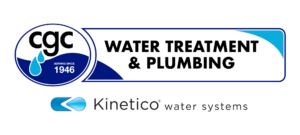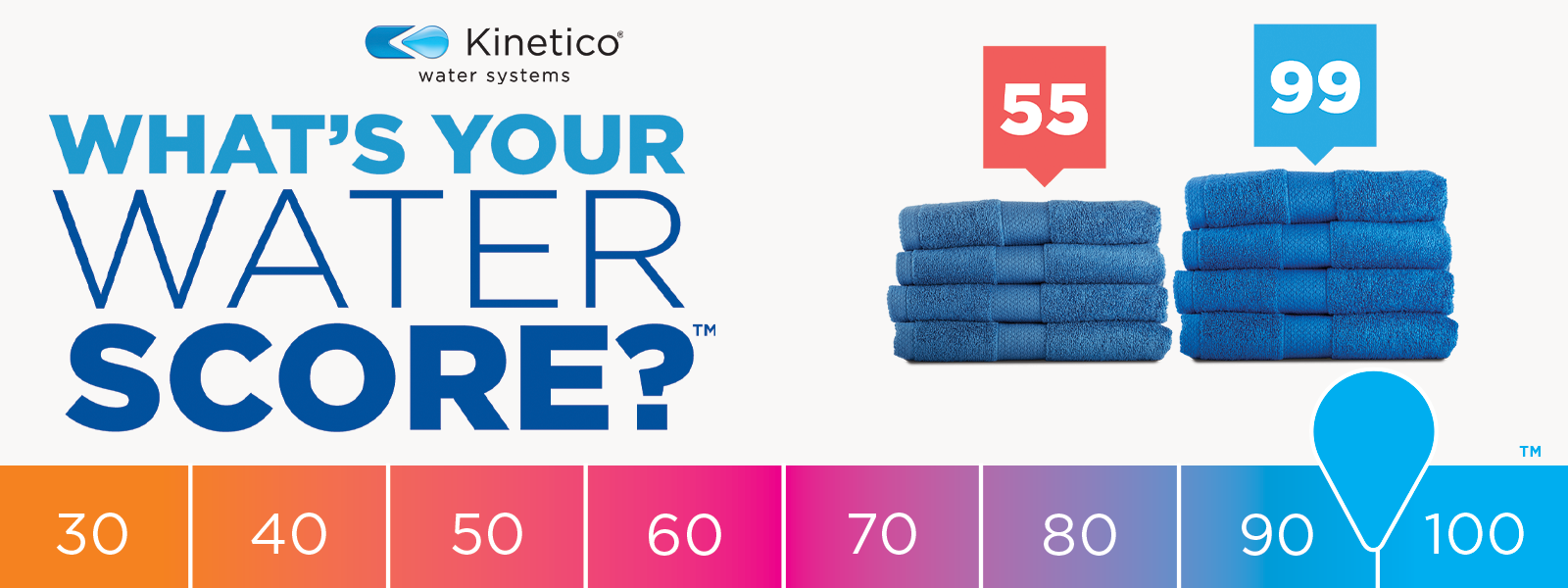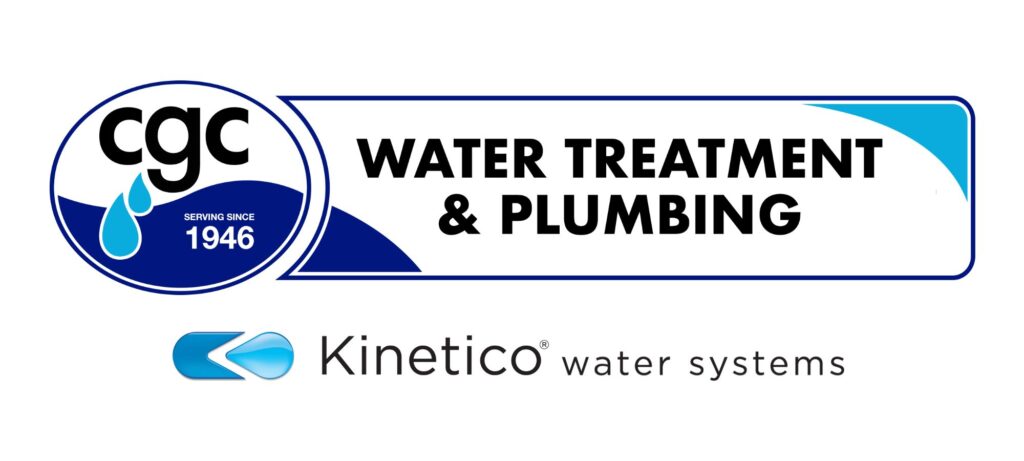Water is a fundamental element of our daily lives, serving as a vital resource that sustains us. While it’s easy to assume that tap water is universally safe, the reality is that water quality can significantly differ from city to city, that’s where the Kinetico Water Score comes in. In the quest for clean and safe drinking water, understanding the challenges in water quality regulation. Let’s explore the complexity of water quality, and the variations in different cities, the regulatory landscape, and the large space for improvement.
Understanding the Variability
Water quality is not a one-size-fits-all scenario. The chemical composition of water varies based on geographical location, water sources, and treatment processes employed by each municipality. For instance, the water in Ann Arbor, Michigan, and Charlotte, North Carolina, carry distinct characteristics, showing the need for a specific approach to water quality management. Kinetico’s “What’s My Water Score” initiative is here to level the playing field and provide quality water to all our customers.
PFAS in Drinking Water
One of the concerning issues in drinking water is the presence of Per- and Polyfluoroalkyl Substances (PFAS). These human-made chemicals have been widely used in various industries, including manufacturing and firefighting. PFAS have infiltrated water sources, posing potential health risks. Regular monitoring and testing are very important to ensure the safety of Charlotte’s drinking water.
Charlotte Drinking Water Challenges
On the other side, Charlotte grapples with its unique set of challenges. While the city’s water is regulated to meet safety standards, concerns about aging infrastructure and potential contaminants persist. The water treatment processes may leave room for improvement, highlighting the need for constant vigilance and proactive measures to enhance water quality.
Regulatory Framework
Water quality is regulated, but perfection remains elusive. Regulatory bodies like the Environmental Protection Agency (EPA) set standards and guidelines to ensure that water supplied by public water systems should meet their specific criteria. Cities like Charlotte follow these regulations but face unique hurdles in maintaining optimal water quality for their residents.
PFAS multiplies considerable challenges to water quality management. These persistent chemicals can accumulate in water sources and, over time, lead to adverse health effects. Charlotte’s commitment to addressing PFAS concerns involves rigorous testing, filtration, and public awareness campaigns. As residents, staying informed and advocating for stringent measures is crucial in safeguarding the integrity of drinking water.
Charlotte’s Infrastructure Concerns
Charlotte, like many other cities, grapples with aging water infrastructure. Deteriorating pipes can introduce contaminants and compromise water quality. Proactive steps, such as infrastructure upgrades and regular maintenance, are essential to prevent water quality degradation. Residents can contribute by reporting any impurity and irregularities, promoting transparency in more improved water management efforts.
While cities work diligently to adhere to water quality regulations, there is always room for improvement. Advancements in water treatment, public awareness, and community involvement are very important key factors in improving water quality standards. Charlotte continues to invest in infrastructure upgrades, advanced treatment methods, and public education to enhance their respective water quality profiles.
In the pursuit of safe and clean drinking water, acknowledging the variability in water quality from city to city is crucial. Charlotte serves as an example of municipalities actively addressing water quality challenges.
By understanding the specific issues each city faces and advocating for continuous improvement, residents contribute to the collective effort of ensuring that everyone has access to water that meets the highest safety standards. Kinetico’s “What’s My Water Score” initiative helps simplify the collective factors that affect the local water supply’s overall quality. This score is unique for one’s location and our team can help recommend products that will raise your Water Score to the level you expect.








